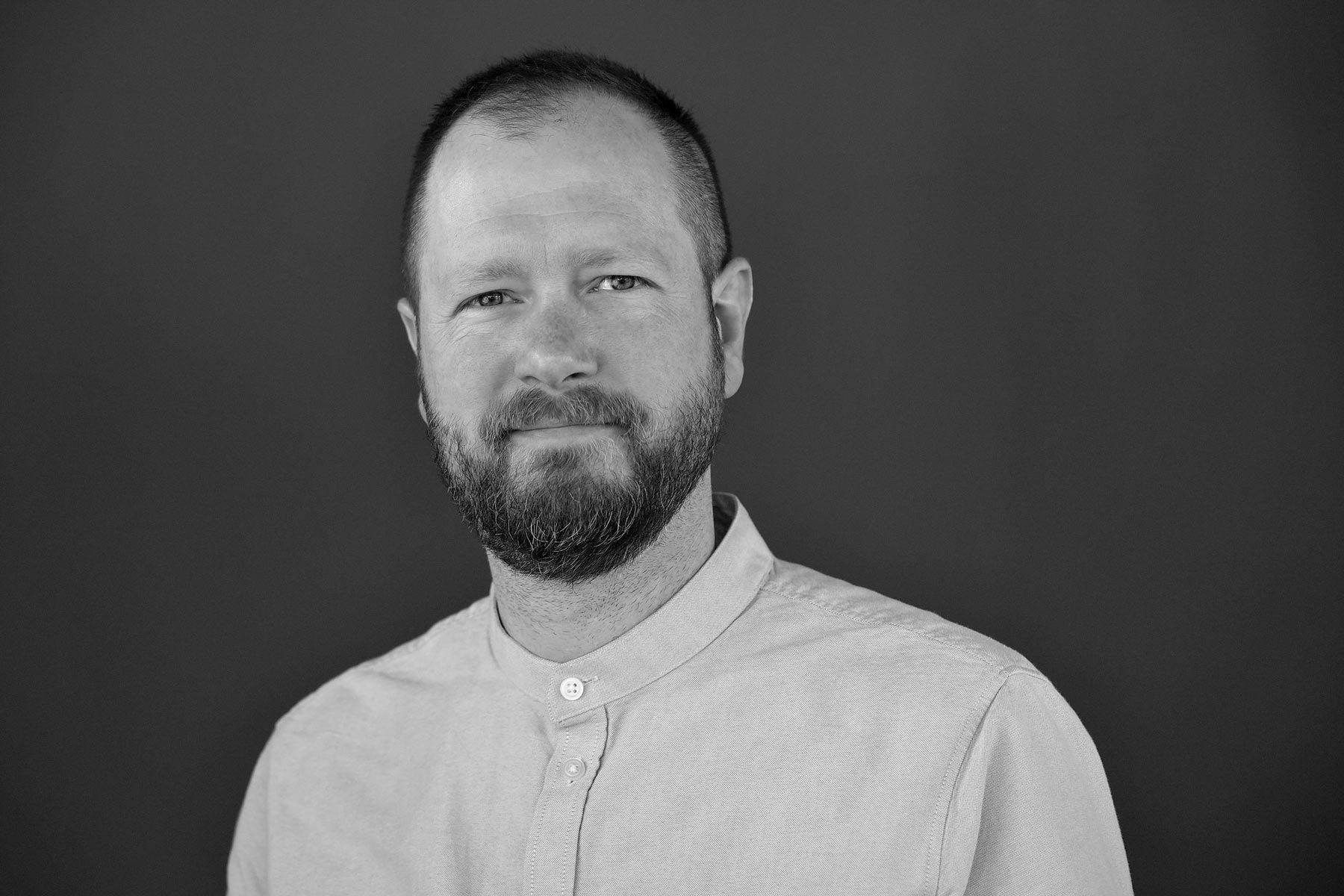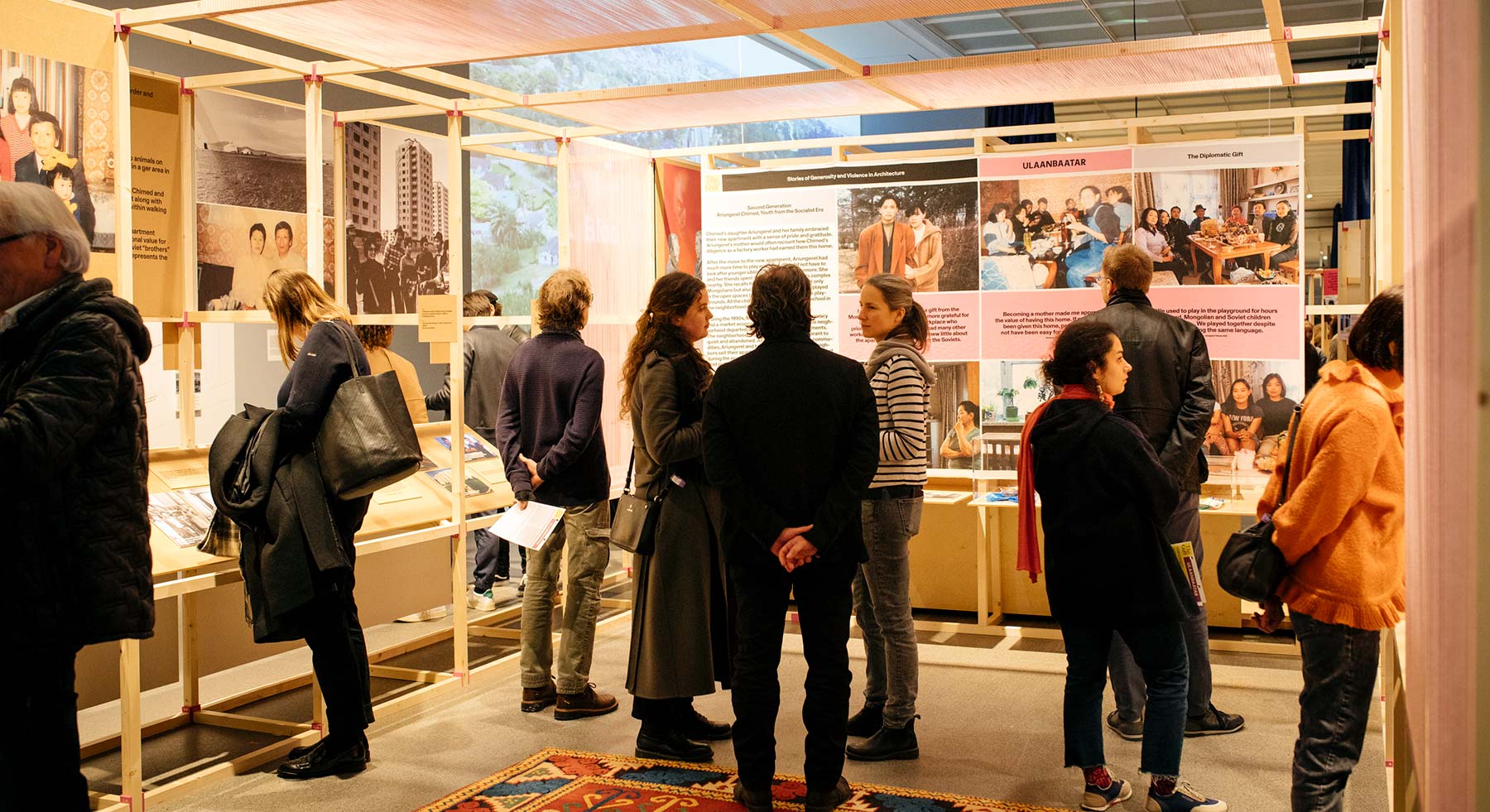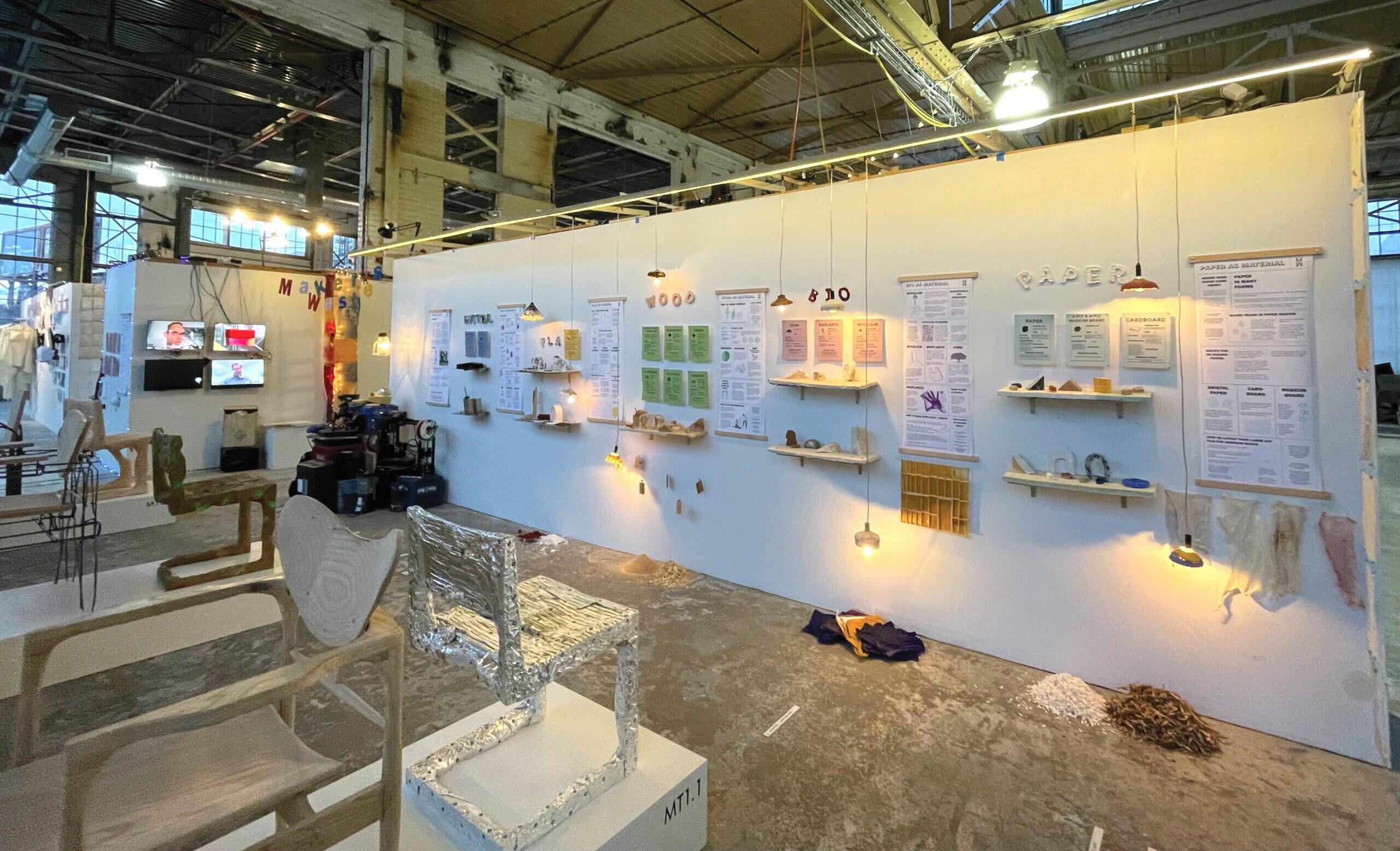What Are You Thinking About?
Beginnings in architectural education.
Why Is This Interesting to You?
For the past several years, we have been evolving our undergraduate curriculum at Taubman, and this summer I co-taught our introductory architectural theory course to incoming three-year Master of Architecture students, with Associate Professor Adam Fure. Both of these initiatives have provided opportunities to rethink the received “fundamentals” in architecture. I’m interested in an anti-fundamentalist architectural education in which we replace the notion of fundamentals with a plurality of foundations from which to build design literacy and architectural knowledge. Too often, an education in the fundamentals serves to create a rarified disciplinary interior for architecture that few are so privileged to enter. An anti-fundamentalist education would find architectural knowledge latent throughout the everyday built environment, empowering students to recognize and wield their unique perspectives and life experiences.
What Are the Implications?
I think this kind of education can better meet the social, cultural, and technological urgencies of the moment and better prepare our students for the dynamic contexts of their future careers. It might also help to erode the myth of auteurist genius in architecture, celebrate the myriad roles that architects play in professional contexts, and, hopefully, cultivate a culture of inclusion for those who have been excluded from architectural education in the past.
McLain Clutter is the chair of the architecture program and an associate professor of architecture. He is a partner in the Ann Arbor–based design practice EXTENTS, with Assistant Professor Cyrus Peñarroyo. As an architect, Clutter’s work focuses on the role of architecture within the multidisciplinary milieu of contemporary urbanism, and the interrelations between architecture and media culture.





